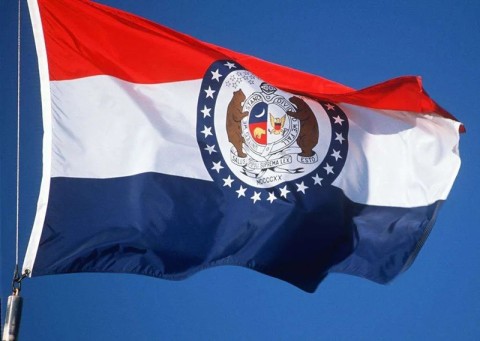A Rule That Never Arrived on Schedule
As summer drew to a close, many expected Missouri’s new age-verification law for adult websites to take effect on August 30, 2025. Instead, the date came and went without change. The much-debated regulation has been pushed back, leaving businesses, lawmakers, and advocacy groups in a state of limbo.
Why the Rule Is Stalled
Missouri law requires every regulation to follow a strict path: once drafted, it must be published in the official Code of State Regulations, and only after that can a 30-day waiting period begin. This ensures transparency and gives the public time to review upcoming changes. In the case of the age-verification rule, the final step never occurred before the expected start date. Without official publication, enforcement is legally impossible.
What the Proposed Rule Demands
The measure, if eventually enacted, would impose new obligations on websites containing sexual or explicit material. Operators would need to adopt “commercially reasonable” methods to verify users’ ages. That could mean requiring people to upload a government-issued ID, use a digital verification tool, or rely on third-party services that cross-check personal information.
One notable safeguard is the rule’s stance on privacy. It specifies that any data collected during verification cannot be stored or repurposed. Websites would be expected to delete identifying information once a user’s age is confirmed, addressing one of the biggest concerns critics have voiced about digital ID checks.
Businesses Left in Uncertainty
For now, companies hosting adult content in Missouri remain in a holding pattern. They are not required to implement the new systems yet, but many are wary of investing in technology without clarity on when enforcement might begin. Smaller businesses, in particular, have expressed concern that sudden implementation could place heavy financial and logistical burdens on them.
Broader Debate About Age Verification
Missouri is not the first state to push for stricter online age controls. Louisiana, Utah, Texas, and other states have already introduced their own versions of such laws. Supporters argue that these measures are necessary to shield minors from harmful content, while critics warn that they risk compromising privacy and free expression online.
Civil liberties groups point out that once users are asked to submit official documents to view certain sites, a digital paper trail could be created even if unintentionally. They fear this could discourage adults from freely accessing legal content or open the door to future misuse of sensitive data.
The Social and Political Angle
The delay in Missouri highlights more than just bureaucratic slowdowns. It reflects an ongoing struggle between two priorities: protecting children online and safeguarding the rights of adults to access content without intrusive government oversight.
Politically, these rules often carry bipartisan appeal, but the methods of implementation raise heated disagreements. Lawmakers who champion age verification stress that “something must be done,” while opponents argue that the solutions offered so far create more problems than they solve.
What Happens Next?
Because the regulation has not been formally published, there is no set timeline for its arrival. It could reappear later this year, or the process could stretch on even longer depending on legal reviews, political pressure, or potential lawsuits. Until then, the status quo remains in place: no mandatory age checks for Missouri’s adult websites.
Missouri’s stalled age-verification rule underscores the complex balancing act facing lawmakers across the United States. On one side is the genuine concern of preventing minors from encountering adult content; on the other is the challenge of implementing safeguards without eroding privacy and free speech.
For now, the August 30 deadline has passed without change. Businesses, advocacy groups, and everyday internet users are left waiting for the state to clarify when—and how this regulation will finally move forward.













